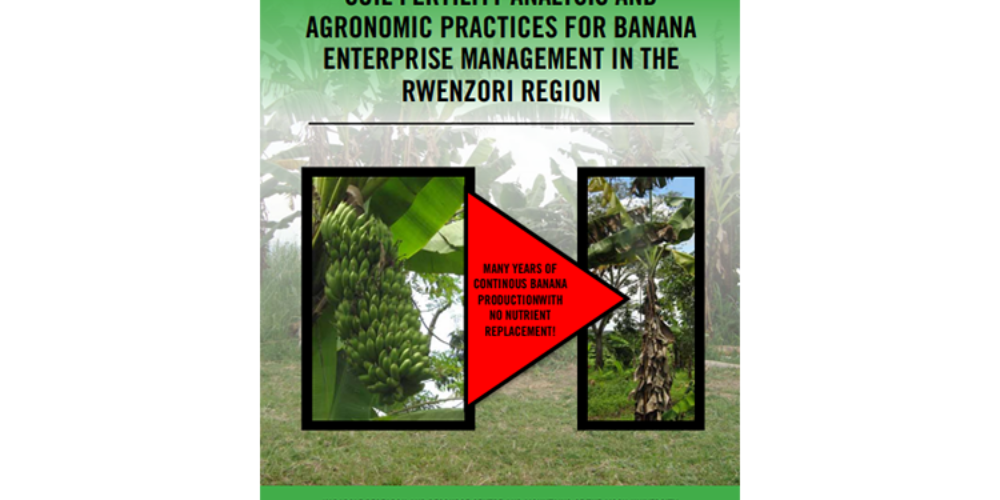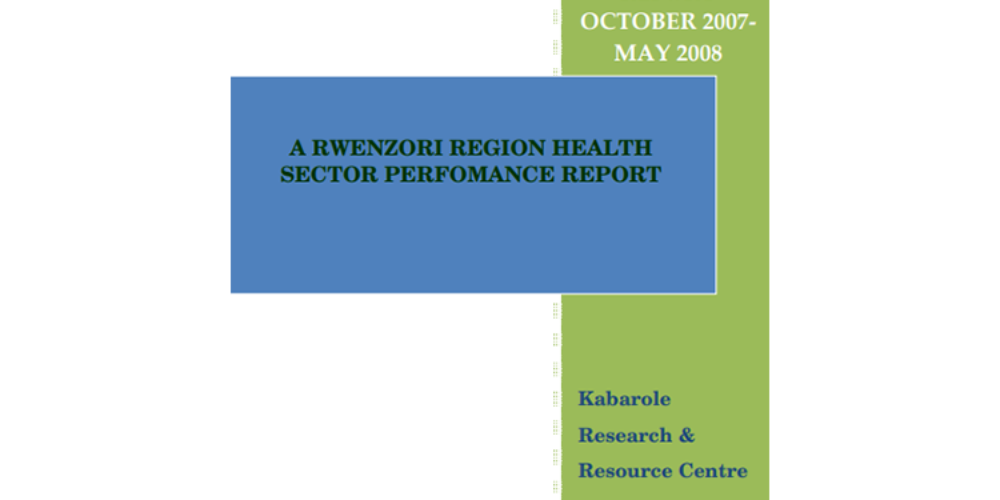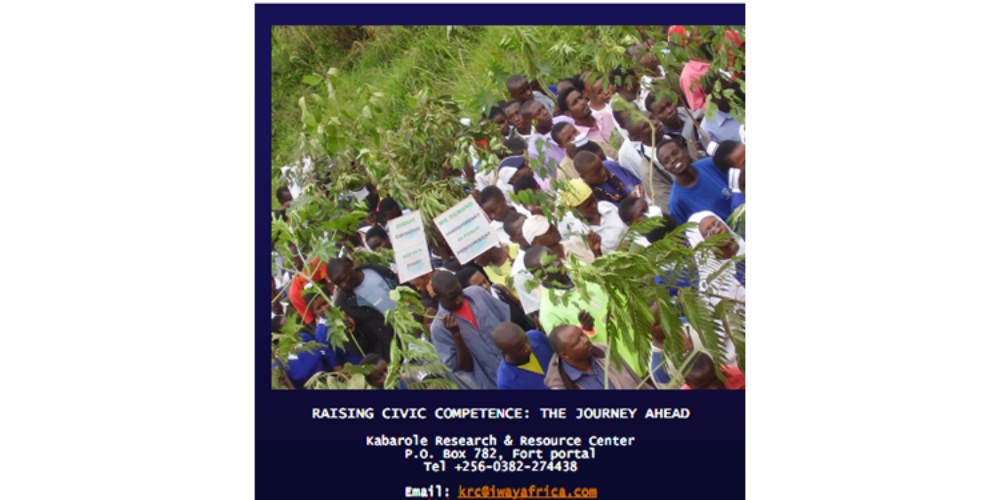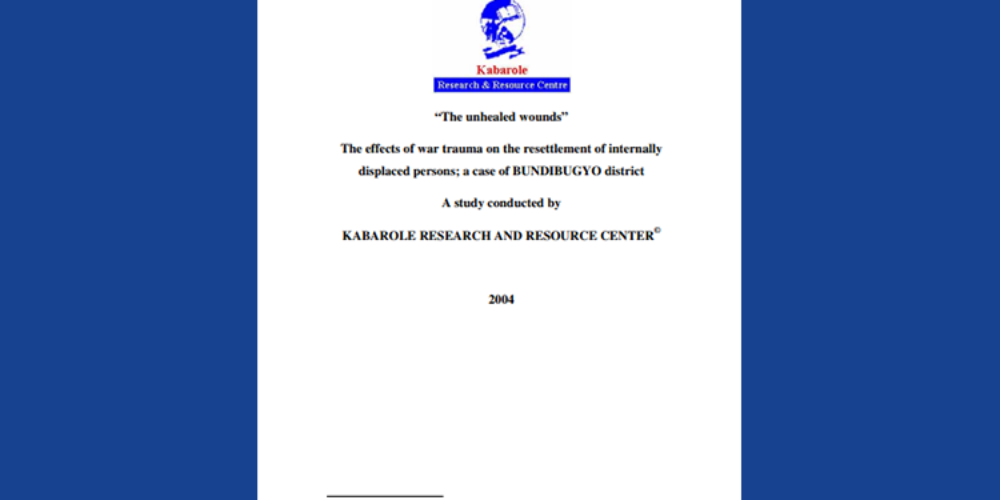The East African highland banana (Musa spp. AAA-EA) is a primary food and cash crop in Uganda. Despiteits importance, yields on farmer’s fields remain poor in the region compared to that on research stations.Quantitative information on the status of soil fertility in banana land use, banana management practicesand their adoption and the sources of social capital in Rwenzori region have been scanty. Therefore,what follows below is a summary of research results, from a research that was carried out in traditionalbanana growing districts of Rwenzori region. The study was carried out by the Rwenzori regional ThinkTank, to find out the reasons for the declining productivity of bananas and suggest banana managementtechnologies […]
This report presents findings of a Health facility monitoring exercise conducted in four districts of the Rwenzori region. The main objective of the survey was to measure the effectiveness of government and private expenditure in the health sector. This was achieved by; analysing the impact of the strides taken by Government in bringing health services closer to the communities, establishing the effectiveness of the health facilities in responding to community health needs, identifying the perception and responsiveness of both health service providers and consumers towards the quality of health services delivered and it was also to draw feasible recommendations towards improving health service delivery … click to access The Full […]
click to read report
The Allied Democratic Forces (ADF) insurgence that took place in Western Uganda wasone of the more than forty violent conflicts that concurrently decorated the world map atthe turn of the century. The 180,000 people of Bundibugyo were part of a family of twomillion people world-wide who were displaced from their homes, but lived inside theborders of their homelands. The Bundibugyo Internally Displaced People (IDPs) thatlived in camps during the ADF war were the subjects of this study. Click to access The Full Report




